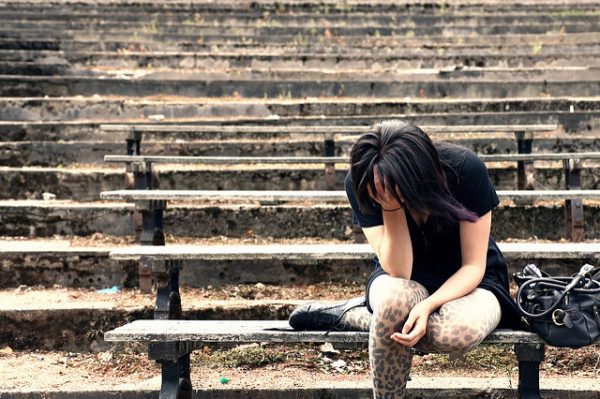When someone says “public health”, many people think of infectious diseases, obesity, or smoking cessation campaigns. The UC Berkeley School of Public Health, however, is expanding its definition; in late April, the school held a town hall meeting focusing on issues of diversity and racism. Covering currently hot topics on college campuses, the conversation quickly turned to microaggressions. As defined by psychologist Dr. Derald Wing Sue, microaggressions are “brief and commonplace daily verbal, behavioral, and environmental indignities, whether intentional or unintentional, that communicate hostile, derogatory, negative racial slights and insults to the target person or group.” Though the term is still gaining traction outside of more liberal spheres—and often mocked by conservative figures—a few scientists are beginning to study this phenomena in terms of its impact on mental and physical health.
Microaggressions are thought to have an effect on individuals by increasing the stress of social interaction. This may occur through objectification, discrimination, or the creation of discrepancies between self-concept and public perception. Consider a common microaggression reported by African Americans, often offered as a compliment: “You don’t talk like a black person!” Not only is this comment derogatory (is being black synonymous with being inarticulate?), but it also calls into question the individual’s identity, serving as a reminder of the stereotype that he or she is supposed to fit, but does not. A microaggression familiar to many women is catcalling. While men who partake in this behavior may offer their remarks as a form of praise, a number of women report that the unwanted attention makes them feel unsafe and uncomfortable. Even more significant, catcalling is often sexualized and directed towards strangers, reflecting the idea that women’s bodies are for the enjoyment of others and may be freely commented on. The stress caused by interpersonal conflicts like these has been linked to a number of health issues, including higher rates of illness, increased risk of diabetes, high blood pressure, depression, anxiety, psychological distress, obesity, and increased drug use.
Image Source: EverSoFine
If social issues like microaggressions have the potential to impact so many health outcomes, why are they treated differently from epidemics like obesity or diabetes? Though this question remains unanswered, a number of student groups and researchers are working to raise awareness about the consequences of discriminatory and insensitive behavior. While university projects like “I, Too, Am Harvard“, and Fordham’s “Racial Microaggressions” combine elements of photography and storytelling to express the frequency of these interactions, social scientists and scholars around the country are examining their effects on mental health, chronic disease, and mortality. Though they may seem minor, microaggressions are more than just a buzzword. For more examples of microaggressive behavior and some relevant resources, check out this website.
Feature Image Source: Stuart Crawford










